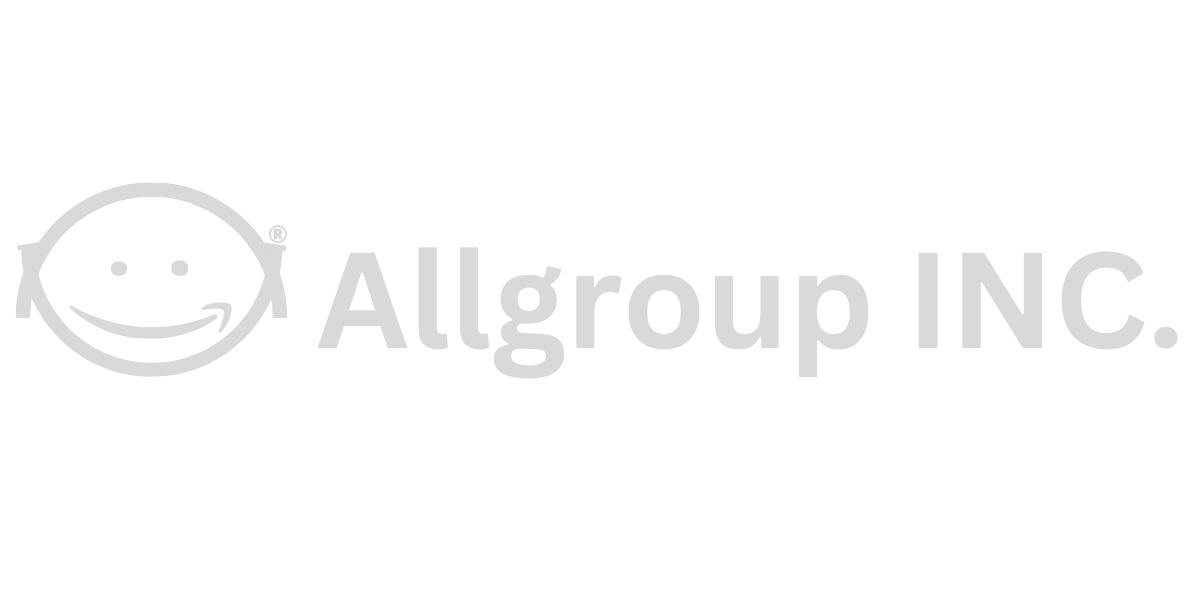Unable to Pay for Goods and Services Abroad in USD or Euro: If you’re a Nigerian trying to pay for something abroad in dollars or euros, you’ve likely experienced the frustration firsthand. Whether you’re a business owner, a student, or just someone trying to subscribe to an international service, the struggle is real. Restrictions and roadblocks have made what should be a simple transaction feel like an impossible task. Let’s take a closer look at why this is happening and how it’s affecting everyday Nigerians.

Unable to Pay for Goods and Services Abroad in USD or Euro
What’s Going On?
1. Foreign Exchange Restrictions
The Central Bank of Nigeria (CBN) has placed tight controls on how Nigerians can access foreign currencies. From limits on spending abroad with naira debit cards to restrictions on wire transfers, these measures make it hard to make international payments.
2. Forex Shortage
There just isn’t enough foreign currency to go around. This scarcity has driven up costs on the black market, leaving many Nigerians unable to get the dollars or euros they need.
3. Banking Limitations
Ever tried to pay for something online and been hit with a “transaction declined” message? Most Nigerian banks now impose extremely low monthly limits for international spending, sometimes as low as $20. That’s barely enough for a subscription, let alone bigger payments like tuition or travel expenses.
4. Unstable Exchange Rates
The naira’s value is all over the place, and many international merchants simply don’t want to deal with the headache. As a result, Nigerians often can’t transact directly in naira.
Who Feels the Pain?
Students Abroad
For Nigerian students studying abroad, paying tuition or buying textbooks can feel like a nightmare. Late fees and registration delays are all too common.
Business Owners
Entrepreneurs and small businesses need to import goods or use international services, but payment issues can disrupt operations and even cost them customers.
Travelers
Booking a hotel, buying a flight, or even renting a car while abroad has become unnecessarily complicated for Nigerians.
Everyday Consumers
Want to stream your favorite show on Netflix or buy something off an international e-commerce site? Good luck navigating the payment hurdles.
The Bigger Picture
1. Black Market Dependence
With the official channels failing, many Nigerians turn to parallel markets for foreign currency. But the high rates make this option unsustainable for most.
2. Stifled Business Growth
Local businesses miss out on global opportunities because they can’t easily pay for tools, software, or goods from international suppliers.
3. Damaged Trust
When international partners see these payment issues, they may hesitate to work with Nigerian businesses, further isolating the country.
4. More People Looking to Leave
The payment frustrations add to the growing list of reasons why many Nigerians are choosing to relocate to countries with better financial systems.
What Can Be Done?
- Ease Forex Regulations The government and CBN need to find a balance between managing forex scarcity and making life easier for Nigerians who need to transact internationally.
- Encourage Fintech Solutions Local fintech companies could offer innovative ways for Nigerians to pay for goods and services abroad without relying solely on traditional banking systems.
- Simplify Dollar Accounts Making it easier for Nigerians to open and use dollar or euro accounts could provide a more straightforward solution.
- Boost Forex Supply Investing in exports, attracting foreign investments, and diversifying the economy could help increase the availability of foreign currencies.
Final Thoughts
Not being able to pay for goods and services abroad in USD or Euro isn’t just a minor inconvenience—it’s a major roadblock for millions of Nigerians. It’s affecting students, businesses, and even daily life. While there’s no quick fix, solutions are possible with the right policies and innovations. Until then, Nigerians are left to navigate the frustration, hoping for a better system.


 No products in the cart.
No products in the cart.